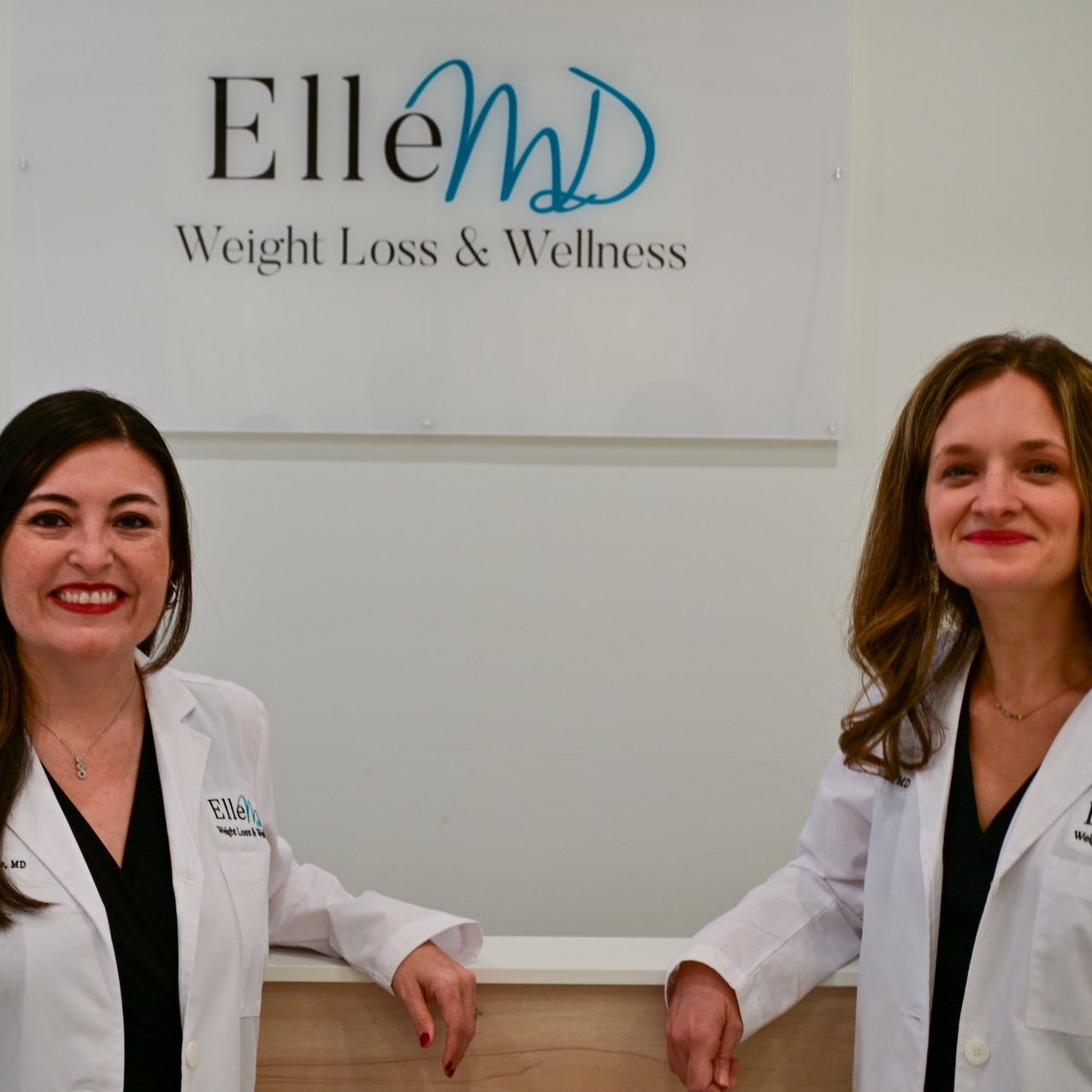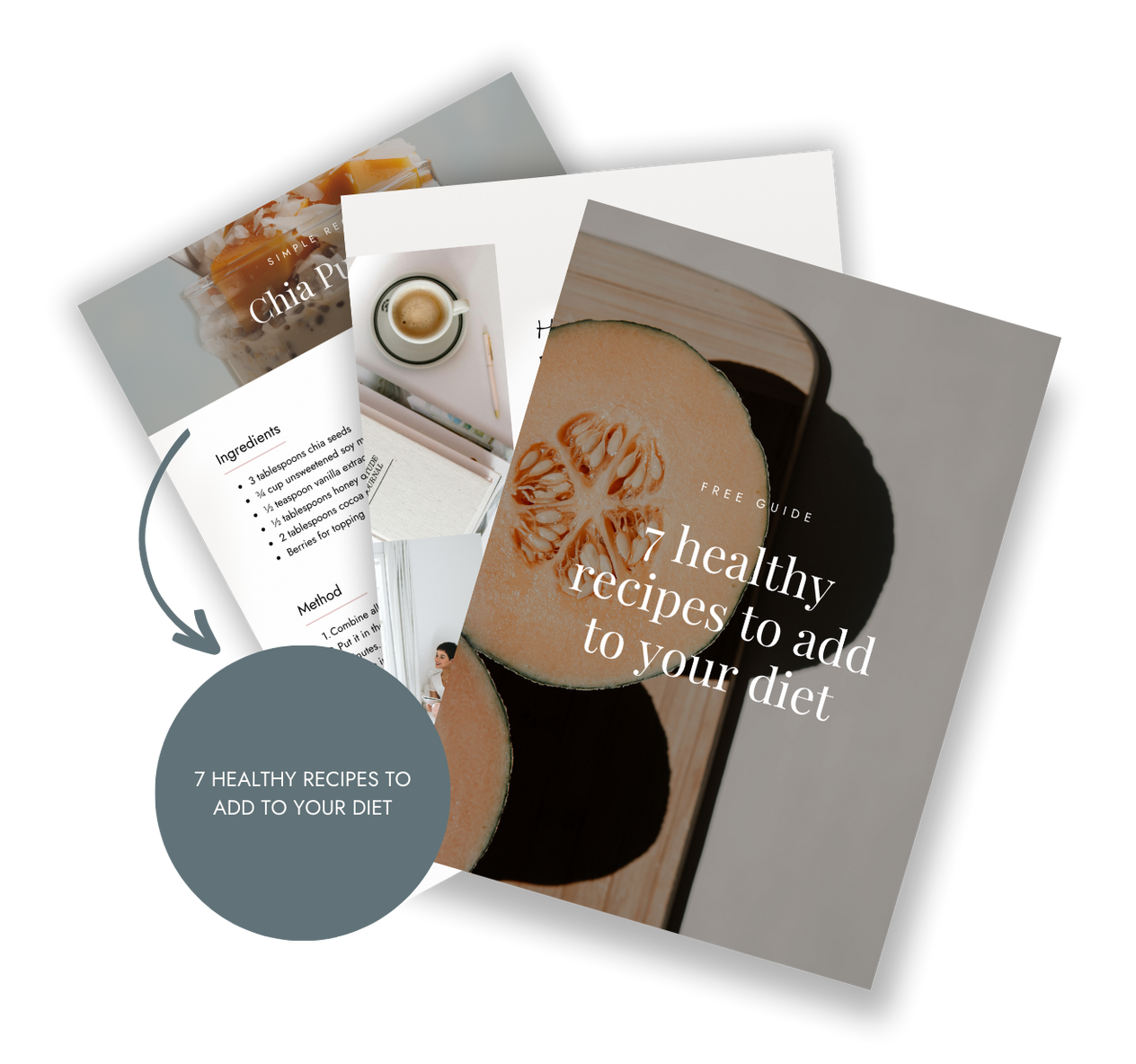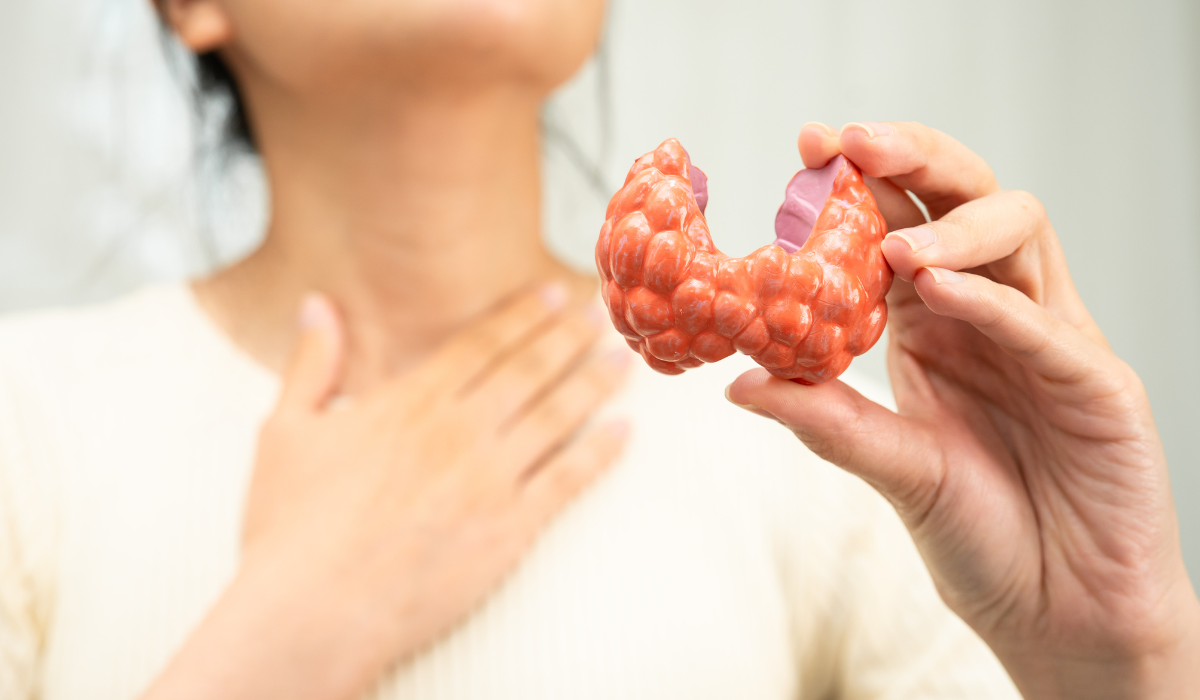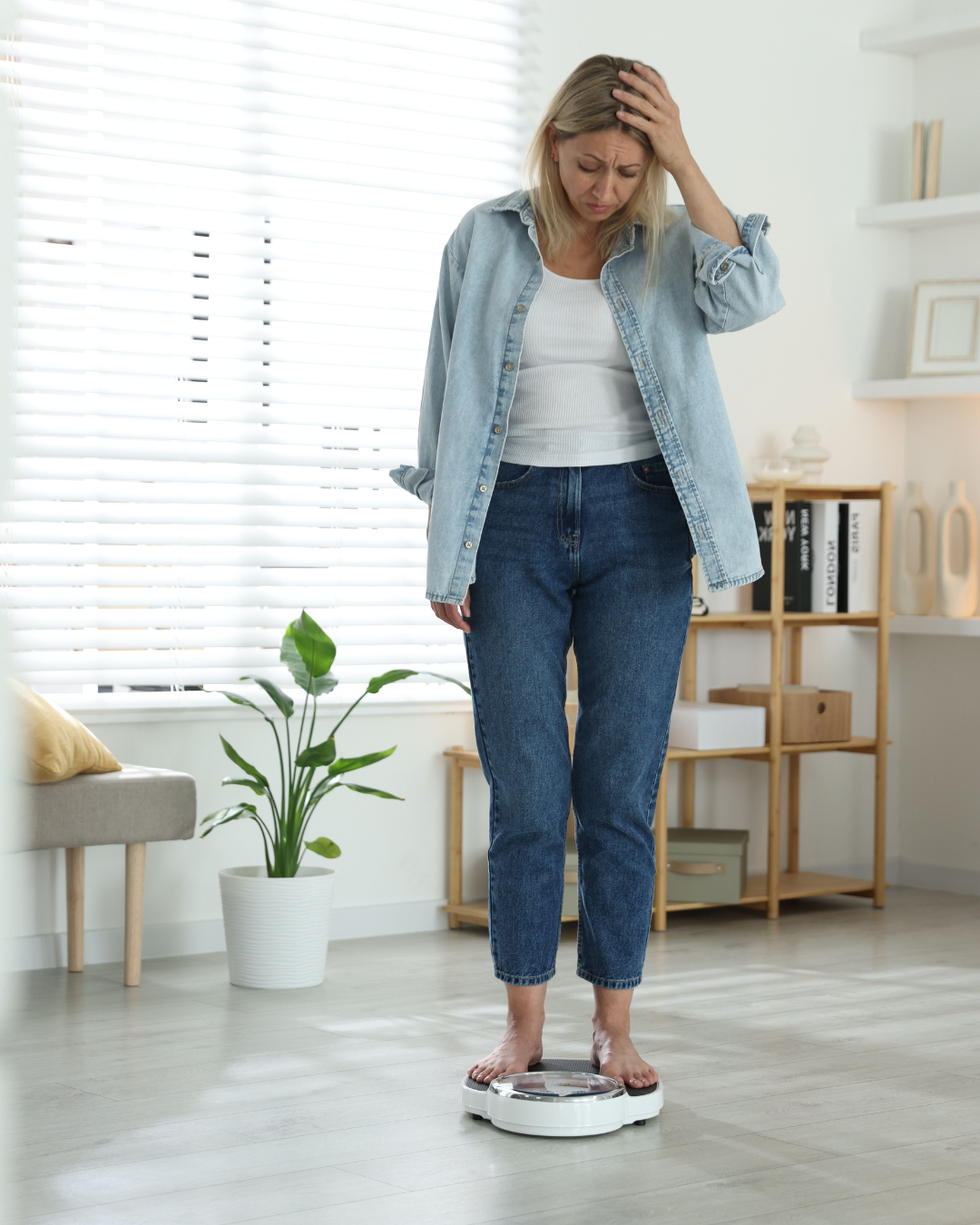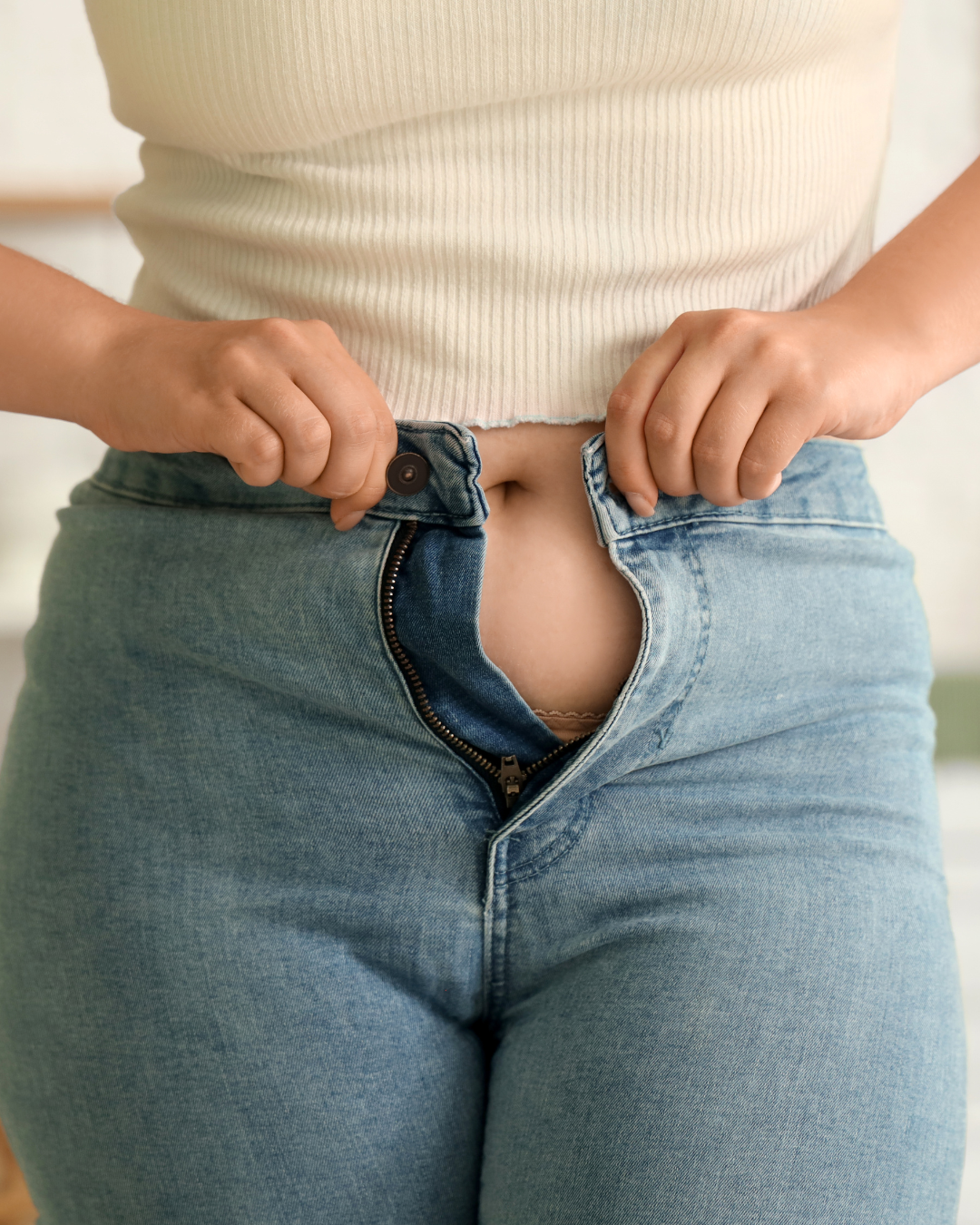By Erin Hendriks
•
February 7, 2026
Heart disease can silently develop for years before doctors diagnose it. This deadly condition leads to more deaths in the United States than any other cause, taking nearly 1 in every 4 lives. Most people don't discover they have heart disease until they face a serious event—like a heart attack. Many people picture heart disease as a sudden event with dramatic chest pain. The truth paints a different picture. Your body might show subtle early signs that you could mistake for stress, aging, or minor health problems. Heart disease doesn't appear overnight. It slowly develops while showing early warning signs long before serious problems emerge. You can get treatment and potentially prevent a heart attack or stroke by learning these warning signs. Early symptoms detection plays a vital role in getting medical help quickly—and could save your life. Understanding Silent Heart Disease and Its Hidden Onset Silent heart disease got its nickname for a good reason. Most health conditions show clear warning signs, but heart disease can develop without any red flags. This makes it especially dangerous because coronary artery disease can progress undetected until something serious happens. What is heart disease and why it can go unnoticed "Heart disease" covers many conditions that affect how your heart works. The most common type is coronary artery disease (CAD), which happens when plaque builds up and blocks the arteries that supply blood to your heart. This is a big deal as it means that coronary artery disease caused approximately 493,000 deaths in the United States in 2021, or roughly 1,350 deaths per day.every 24 seconds, someone in America dies from this condition - about 1,905 deaths daily. It's the number one killer of both men and women. Silent heart disease, also known as "silent ischemia" or "silent myocardial infarction (SMI)", damages your heart muscle without showing the usual warning signs. Your heart keeps working even with reduced blood flow by adapting in several ways: It works harder to make up for less blood flow Your body creates new blood pathways (collateral circulation) You might mistake subtle signs as normal aging, stress, or being tired Many people don't know they have a problem until it's too late. Research shows that 22% to 60% of all heart attacks happen silently. Each year in the U.S., about 805,000 people have heart attacks, and roughly 170,000 - or one in five - are silent. How silent symptoms differ from classic heart attack signs We all know the classic heart attack signs - severe chest pain, trouble breathing, cold sweats, and pain spreading to the arms. Silent heart disease is trickier because its signs are much more subtle, and people often blame them on something else. Instead of the dramatic chest-grabbing scene you see in movies, silent heart problems might show up as: Mild chest discomfort that feels like heartburn or pulled muscles Feeling unusually tired even after resting Getting out of breath doing simple things like climbing stairs Unexplained pain in your jaw, neck, or upper back Feeling sick to your stomach or having digestive problems Getting dizzy without doing anything strenuous Breaking into cold sweats without physical activity Some groups face higher risks of having silent symptoms. Women often experience different signs like nausea, jaw pain, and unusual tiredness instead of chest pain. People with diabetes might miss heart attack symptoms because nerve damage blocks pain signals. Older adults may not notice typical chest pain during a heart attack because their pain perception changes with age. The biggest problem is missing these subtle warning signs. Unlike angina (chest pain) that comes with exercise and goes away with rest, silent heart disease symptoms don't follow clear patterns. You should pay attention to any symptom that shows up during activity and improves with rest, especially if you have risk factors. Even though it's called "silent," this condition causes real damage to your heart. Blocked blood flow creates scars and weakens your heart muscle, which makes future serious heart problems much more likely. 8 Early Signs of Heart Disease That Often Go Ignored Your heart sends subtle warning signals that could mean the difference between early treatment and a medical emergency. Most people expect dramatic chest-clutching moments as heart attack signs. The truth is your body often gives gentler warnings first. 1. Chest tightness or pressure during mild activity Your chest might feel uncomfortable during physical activity - an early warning sign of heart disease. This discomfort feels like pressure, heaviness, burning, or squeezing that gets better with rest. Your heart might not receive enough oxygen-rich blood through narrowed arteries when you feel chest pain from walking, climbing stairs, or light exercise. The discomfort might seem minor at first but gets worse as you continue moving. Note that chest pain lasting more than five minutes, becoming severe, or appearing with sweating or dizziness could signal a heart attack instead of stable angina. 2. Shortness of breath while resting or lying down Heart failure often shows up as unexpected breathlessness, especially when you lie flat or do activities that never bothered you before. Blood backs up in your pulmonary veins because your heart can't keep up, letting fluid leak into your lungs. Many people need extra pillows to prop up their upper body for easier breathing at night. Your heart might struggle to pump if you get winded after ten stairs when you used to handle several flights easily. 3. Persistent fatigue despite adequate rest Deep tiredness that rest doesn't fix stands out as one of heart failure's most frustrating signs. This exhaustion goes beyond normal fatigue. Heart specialists see three types: biological (your organs and muscles get less oxygen), psychological (worry about heart disease), and social (pulling back from regular activities). People often say they feel like their "battery is running out" all day even after good sleep. 4. Swollen ankles or feet from fluid retention Heart failure affects your circulation and shows up as swelling in your lower body. Blood backs up in veins heading to your heart when it doesn't pump well. This forces fluid from blood vessels into nearby tissues. The swelling usually starts in ankles and feet, sometimes reaching your abdomen. You might notice less swelling when you wake up, but it gets worse throughout the day. Unlike other causes of swelling, heart-related edema sticks around and often comes with unexplained weight gain from extra fluid. 5. Dizziness or lightheadedness without exertion Random spells of dizziness might mean your brain isn't getting enough blood due to heart issues. This happens with irregular heartbeats, cardiomyopathy, or atrial fibrillation. Your heart might not pump blood effectively if you often feel off-balance, faint, or like the room spins for no reason. These symptoms need quick medical attention, especially with other heart disease signs like fatigue or breathing problems. 6. Irregular heartbeat or palpitations Sudden awareness of your heart racing, fluttering, skipping beats, or pounding might point to electrical problems in your heart. Noticing your heartbeat sometimes is normal, but frequent episodes need medical checks. People describe it as their heart "jumping around erratically" or beating unusually fast. These feelings might signal arrhythmias like atrial fibrillation, which affects 6 million Americans today and could double by 2030. 7. Cold hands and feet due to poor circulation Constantly cold extremities might signal circulation problems from heart issues. Your heart might not pump blood effectively throughout your body if your hands and feet stay cold regardless of temperature. This reduced blood flow starves tissues of oxygen and nutrients. Cold extremities often show up first among cardiovascular disease signs, including blocked arteries, heart failure, or irregular heartbeats. Watch for pale, bluish, or purplish skin color changes too. 8. Jaw, neck, or upper back pain not linked to injury Pain in your jaw, neck, or upper back during activity might come from your heart, especially without injury. Disrupted blood flow causes nerve signals from your heart to travel elsewhere, creating referred pain. Women report these unusual symptoms during heart attacks more often, describing pain that spreads to their jaw, neck, or between shoulder blades. The percentage of women without chest discomfort varies by race/ethnicity: 42% of White women, 38% of Black women, and 28% of Hispanic women did not report chest discomfort during acute myocardial infarction. About 40% of women never feel chest discomfort during heart attacks, focusing instead on arm pain or jaw discomfort. Why These Symptoms Start Years Before Diagnosis Heart disease progresses silently for decades before doctors can diagnose it, and damage builds up slowly under the surface. People often miss the early warning signs because symptoms take so long to appear. Atherosclerosis progression and reduced blood flow Heart disease can damage your body quietly for years without showing any symptoms. You might develop atherosclerosis—the main cause of heart problems—as early as childhood, and it can progress faster in some people. The process starts when plaque (made of cholesterol, fat, calcium, and other substances) builds up inside your artery walls. Your arteries become thicker and harder as time passes, which restricts blood flow. These narrowed arteries work like a highway where all but one of these lanes are closed. This limits how much oxygen reaches your heart muscle. Research shows that your cardiovascular fitness starts declining about 12 years before diagnosis, and the decline speeds up in the last two years. Heart muscle strain and oxygen deprivation over time Myocardial ischemia happens when your heart muscle doesn't get enough oxygen due to poor blood flow. Your heart has to work harder to keep going—similar to an engine running at high RPMs without enough oil. Complete blockage can cause permanent damage within 30 minutes, but partial blockages can strain your heart for years. This ongoing strain demonstrates itself through subtle symptoms that you might mistake for normal aging or tiredness. Your stamina drops, you get out of breath easier, and exercise becomes harder as your heart don't deal very well with reduced blood supply. Electrical system disruptions leading to arrhythmias Your heart's electrical system controls your heartbeat through signals that start in the sinus node and travel through the heart's chambers. Several factors can disrupt this delicate system years before diagnosis: Coronary artery disease and blocked arteries High blood pressure causing heart chamber stiffening Structural changes from cardiomyopathy Diabetes-related damage Sleep apnea These disruptions show up as arrhythmias—abnormal heart rhythms where your heart beats too quickly, too slowly, or irregularly. Arrhythmias point to underlying heart disease and can weaken your heart over time. The electrical pathways become more compromised, and you might experience palpitations, fatigue, and dizziness—subtle warnings that often appear years before diagnosis. There's another reason why this matters: these early electrical disturbances create a dangerous cycle. Each irregularity can put more strain on your heart, which makes the disease progress faster. Risk Factors That Make Silent Symptoms More Likely Risk factors can increase your chances of developing silent heart disease. The symptoms might go unnoticed for years. Your understanding of these risk factors helps identify who faces the highest risk of heart disease progression. High blood pressure and cholesterol buildup High blood pressure affects over 45% about 48% of American adults and strains the heart while damaging arterial walls. About 40% of adults have high cholesterol levels above 200 mg/dL, leading to plaque buildup in arteries. These conditions create a mutually beneficial relationship—more than 60% of people with high blood pressure also have high cholesterol. Heart damage speeds up when these conditions occur together. High blood pressure makes your heart work harder as high cholesterol narrows blood passages. You face a much higher risk of coronary heart disease with both conditions than with either one alone. Diabetes and insulin resistance Diabetes speeds up atherosclerosis and can hide heart attack symptoms because of nerve damage. Heart attacks and strokes occur more often in people with diabetes, who also face higher mortality rates. Diabetes affects blood vessels and changes how you perceive pain. Your cells might not respond well to insulin—this is insulin resistance, an early warning before diabetes develops. Research shows this resistance links to future cardiovascular deaths, heart attacks, strokes, and type 2 diabetes. Smoking, obesity, and sedentary lifestyle Smoking harms blood vessels, reduces oxygen levels, and lowers good cholesterol. Obesity puts extra stress on your heart and leads to high blood pressure and diabetes. Physical inactivity ranks with smoking and high blood pressure as a major risk factor for heart disease. Your body changes how it processes fats within just one day of being inactive. Globally, approximately 7.2% of all-cause deaths and 7.6% of cardiovascular disease deaths are attributable to physical inactivity. Physical inactivity causes 35% of coronary heart disease deaths. Family history and genetic predisposition Heart disease in close blood relatives raises your risk. Your chances of developing heart problems increase when a parent or sibling had heart issues before age 60. Some people inherit heart disease through genetic mutations passed down through generations. Familial hypercholesterolemia serves as one example—this genetic disorder causes high cholesterol and can lead to early heart disease. How to Know If You Have Heart Disease Before It’s Too Late Your heart's health depends on medical screening and personal alertness. The best way to identify cardiovascular problems is through proactive testing before permanent damage occurs. Routine screenings: ECG, stress test, and echocardiogram Standard electrocardiograms (ECGs) measure your heart's electrical activity through chest electrodes. These tests are quick and painless. However, they can only detect existing problems rather than future risks. Stress tests can reveal problems that only show up during physical activity. Doctors monitor your heart while you exercise on a treadmill or take medications that simulate exercise effects. This helps them spot circulation issues that stay hidden when you're resting. Echocardiograms use ultrasound technology to create moving pictures of your heart's chambers and valves. This simple procedure lets doctors assess how well your heart pumps blood and spots structural problems that might go unnoticed. Tracking symptoms with a health journal A daily health log helps you spot patterns that might seem random at first. You should track any chest discomfort, breathlessness, fatigue, or unusual feelings along with: The time symptoms appear (during the day or specific activities) Duration (length of time they last) Severity (rate from 1-10) What makes them feel better When to consult a cardiologist for early intervention You need immediate cardiac evaluation if you experience: Chest pain or discomfort that lasts more than a few minutes Unexplained fatigue affecting your daily life New or worsening shortness of breath Ongoing dizziness, lightheadedness, or palpitations Note that early intervention gives you the best chance against heart disease. Heart problems often develop without obvious signs. Regular screening becomes vital after age 40, especially if you have multiple risk factors or a family history of early heart disease. Conclusion Heart disease is a silent threat that develops slowly over decades with no clear warning signs. Warning signs start appearing 10-12 years before diagnosis, which gives us precious time to act. People often mistake these signs for normal aging or tiredness, but symptoms like unexplained breathing problems, constant tiredness, and unusual discomfort need attention. The eight warning signs I wrote in earlier can alert us early - chest tightness during light activity, breathing problems while resting, ongoing fatigue, swollen limbs, unexplained dizziness, irregular heartbeats, cold hands and feet, and pain that moves around. Learning about how plaque builds up in arteries helps explain why these symptoms show up long before serious problems happen. The risk of getting silent heart disease goes up by a lot with certain factors. High blood pressure combined with high cholesterol creates a dangerous mix that speeds up heart damage. Diabetes, smoking, being overweight, and not moving enough add to these risks. There's another reason to worry if heart problems run in your family. The best way to fight this leading killer is to catch it early. Regular tests like ECGs, stress tests, and heart ultrasounds can spot problems before lasting damage occurs. A health journal that tracks symptoms is a great way to get patterns that might seem random at first. Note that heart disease rarely shows up suddenly with dramatic chest pain - it builds up quietly over time. Our best defense against this silent threat is knowing how to spot subtle warning signs, dealing with risk factors, and getting medical help when needed. This knowledge could save your life. Key Takeaways Heart disease often develops silently over decades, with warning signs appearing 10-12 years before diagnosis. Recognizing these subtle symptoms and taking proactive steps can be life-saving. • Silent symptoms start years early: Heart disease develops gradually with subtle signs like unexplained fatigue, mild chest pressure, and shortness of breath that are easily dismissed as aging or stress. • Eight warning signs demand attention: Watch for chest tightness during activity, breathlessness at rest, persistent fatigue, swollen ankles, dizziness, irregular heartbeat, cold extremities, and unexplained jaw/neck pain. • Risk factors compound silently: High blood pressure plus high cholesterol, diabetes, smoking, obesity, and family history significantly increase your chances of developing undetected heart disease. • Early detection saves lives: Regular screenings (ECG, stress tests, echocardiograms) and symptom tracking can identify problems before permanent damage occurs, dramatically improving outcomes. • Don't wait for dramatic symptoms: Unlike movie portrayals, real heart disease rarely announces itself with sudden chest-clutching pain—it whispers before it shouts. The key to surviving heart disease lies in listening to your body's early warnings and seeking medical evaluation before a crisis occurs. Remember: between 22-60% of heart attacks are silent, making awareness and prevention your most powerful tools. 1. The Burden of Diseases, Injuries, and Risk Factors by State in the USA, 1990-2021: A Systematic Analysis for the Global Burden of Disease Study 2021. GBD 2021 US Burden of Disease Collaborators. Lancet (London, England). 2024;404(10469):2314-2340. doi:10.1016/S0140-6736(24)01446-6. 2. Trends and Disparities in CAD and AMI in the United States From 2000 to 2020. Dimala CA, Reggio C, Changoh M, Donato A. JACC. Advances. 2024;3(12):101373. doi:10.1016/j.jacadv.2024.101373. 3. Acute Coronary Syndromes. Bergmark BA, Mathenge N, Merlini PA, Lawrence-Wright MB, Giugliano RP. Lancet (London, England). 2022;399(10332):1347-1358. doi:10.1016/S0140-6736(21)02391-6. 4. Sex Differences in the Presentation and Perception of Symptoms Among Young Patients With Myocardial Infarction: Evidence From the VIRGO Study (Variation in Recovery: Role of Gender on Outcomes of Young AMI Patients). Lichtman JH, Leifheit EC, Safdar B, et al. Circulation. 2018;137(8):781-790. doi:10.1161/CIRCULATIONAHA.117.031650. 5. Preventing and Experiencing Ischemic Heart Disease as a Woman: State of the Science: A Scientific Statement From the American Heart Association. McSweeney JC, Rosenfeld AG, Abel WM, et al. Circulation. 2016;133(13):1302-31. doi:10.1161/CIR.0000000000000381. 6. Atrial Fibrillation: A Review. Ko D, Chung MK, Evans PT, Benjamin EJ, Helm RH. JAMA. 2025;333(4):329-342. doi:10.1001/jama.2024.22451. 7. 2023 ACC/AHA/ACCP/HRS Guideline for the Diagnosis and Management of Atrial Fibrillation: A Report of the American College of Cardiology/American Heart Association Joint Committee on Clinical Practice Guidelines. Writing Committee Members, Joglar JA, Chung MK, et al. Journal of the American College of Cardiology. 2024;83(1):109-279. doi:10.1016/j.jacc.2023.08.017. 8. Potential U.S. Population Impact Of the 2017 ACC/AHA High Blood Pressure Guideline. Muntner P, Carey RM, Gidding S, et al. Journal of the American College of Cardiology. 2018;71(2):109-118. doi:10.1016/j.jacc.2017.10.073. 9. KDOQI US Commentary on the 2017 ACC/AHA Hypertension Guideline. Kramer HJ, Townsend RR, Griffin K, et al. American Journal of Kidney Diseases : The Official Journal of the National Kidney Foundation. 2019;73(4):437-458. doi:10.1053/j.ajkd.2019.01.007. 10. Physical Inactivity and Non-Communicable Disease Burden in Low-Income, Middle-Income and High-Income Countries. Katzmarzyk PT, Friedenreich C, Shiroma EJ, Lee IM. British Journal of Sports Medicine. 2022;56(2):101-106. doi:10.1136/bjsports-2020-103640. 11. Exercise for Primary and Secondary Prevention of Cardiovascular Disease: JACC Focus Seminar 1/4. Tucker WJ, Fegers-Wustrow I, Halle M, et al. Journal of the American College of Cardiology. 2022;80(11):1091-1106. doi:10.1016/j.jacc.2022.07.004. 12. Exercise Standards for Testing and Training: A Scientific Statement From the American Heart Association. Fletcher GF, Ades PA, Kligfield P, et al. Circulation. 2013;128(8):873-934. doi:10.1161/CIR.0b013e31829b5b44. 13. Race and Sex Differences in the Incidence and Prognostic Significance of Silent Myocardial Infarction in the Atherosclerosis Risk in Communities (ARIC) Study. Zhang ZM, Rautaharju PM, Prineas RJ, et al. Circulation. 2016;133(22):2141-8. doi:10.1161/CIRCULATIONAHA.115.021177. 14. Reprint of "Electrocardiographic Definition of Silent Myocardial Infarction in Population Studies: A Call to Standardize the Standards". Soliman EZ. Journal of Electrocardiology. 2019 Nov - Dec;57S:S5-S9. doi:10.1016/j.jelectrocard.2019.10.011.

